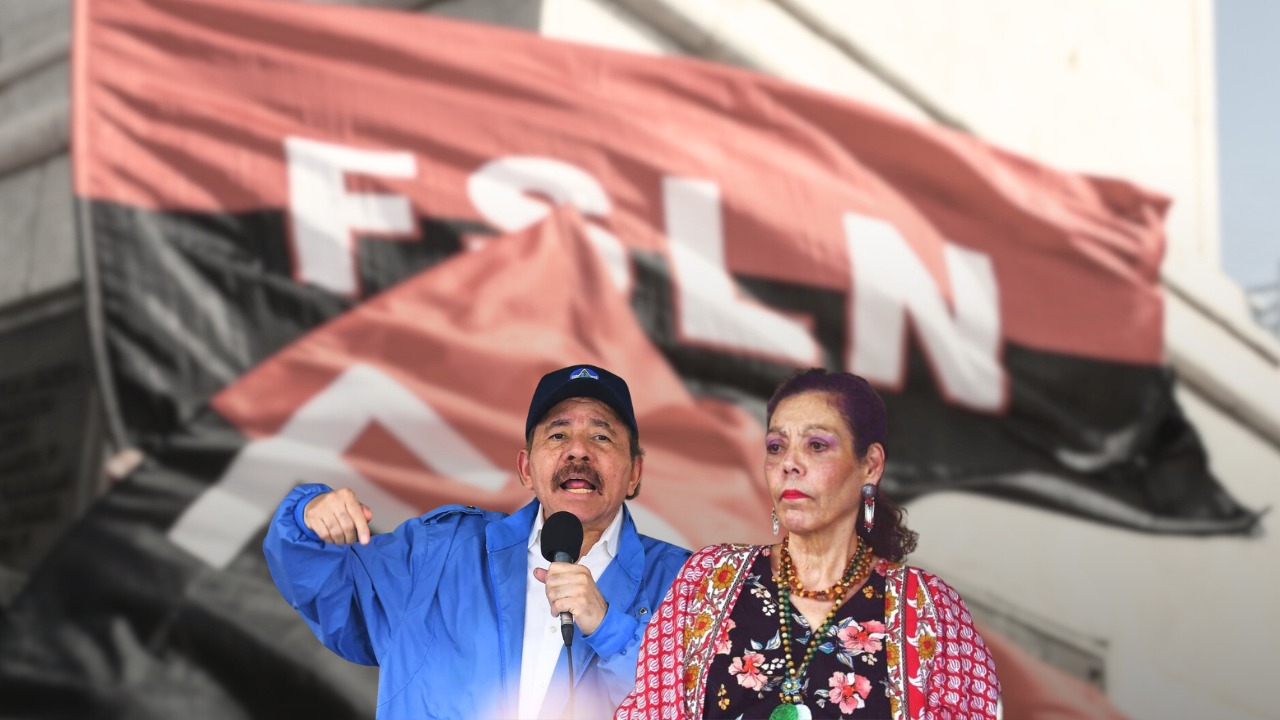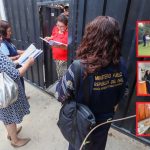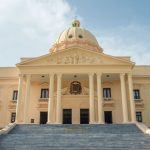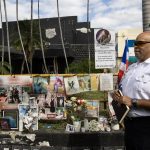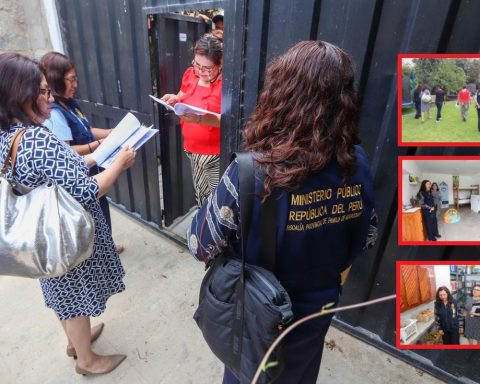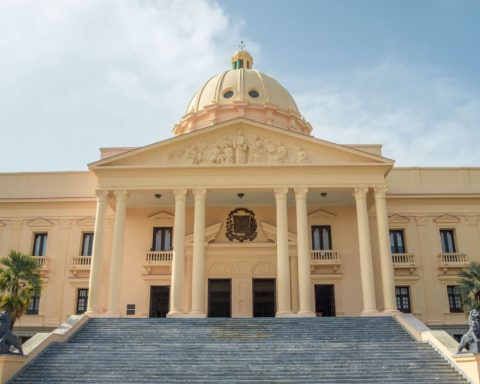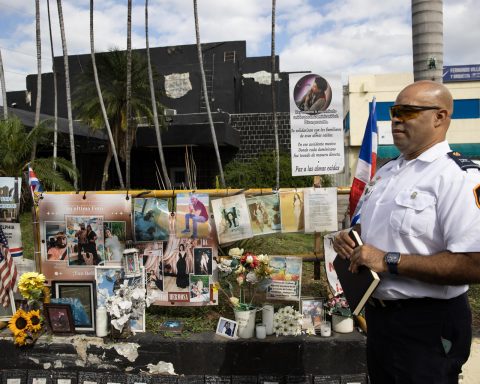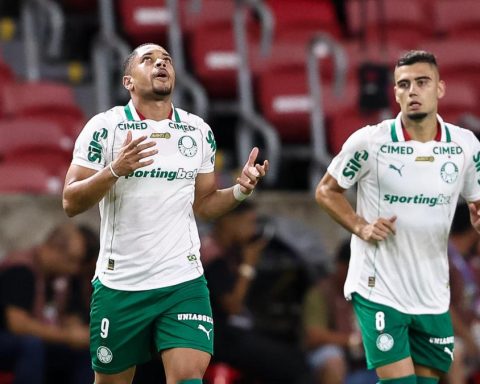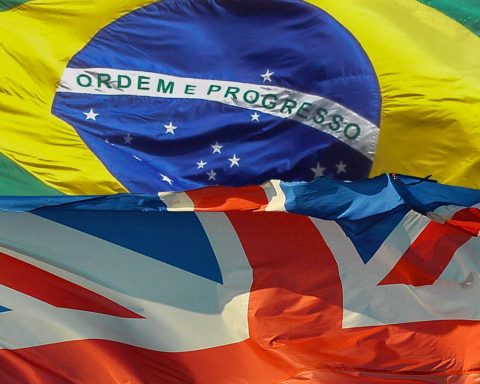The dictator Daniel Ortega ordered a partial reform of the Constitution, modifying 130 articles to “adapt” the supreme law to his size and consolidate his totalitarian regime.
Among the reforms, it establishes a two-headed presidency with the position of “co-president”, extends the presidential term to six years, elevates the use of the Army to repress to constitutional rank and legalizes paramilitaries under the name of “Voluntary Police.”
Related news: Daniel Ortega’s constitutional reform will impose “a totalitarian dynastic system”
The reforms to the Magna Carta, which include additions to 130 articles and the repeal of another 38, also fulfill the dream of Rosario Murillo, current vice president, by making her “co-president” and sharing the position with Ortega.
The text of the reform establishes that the changes will come into force after their approval in the second legislature, scheduled for January, after the legislative recess for Christmas and New Year.
The law does not clarify whether Ortega and Murillo will conclude their current terms, originally five years, or if the changes will apply immediately. If so, Murillo would take over as co-president starting in January, and the next presidential elections would be delayed until 2027. In addition, the mayors’ mandate would be extended by one more year, becoming six years.
Among the proposed changes, the modification to article 13 stands out, which establishes as national symbols, in addition to the anthem and the national flag, the flags of the anti-imperialist struggle of General Augusto C. Sandino and the Sandinista Popular Revolution. Thus, the regime imposes on Nicaraguans the obligation to pay tribute to the red-and-black flag.
Related news: Ortega reforms 130 articles of the Constitution to consolidate his dictatorship and dynastic succession
Article 14 maintains that “the State is secular and ensures freedom of religion,” but adds a controversial paragraph: “Under the protection of religion, no person or organization can carry out activities that threaten public order. Religious organizations must remain free from foreign control.
This threatens to further restrict churches and religious organizations, including the subordination of the Catholic Church to the Vatican, which is, in political terms, just another state.
The “partial” reform of the Political Constitution of Nicaragua, in the opinion of political analysts and Nicaraguan defenders, concretizes the dynastic system in the country.
Political analyst Héctor Mairena, in an interview with Article 66said that the reform shows “a deepening of the totalitarian State of Nicaragua”, since the dictators Ortega and Murillo “are designing a State, via constitutional reform, exactly to their measure. This means that it has resolved the issue of succession (…), in such a way that there would now be two presidents, undoubtedly Ortega would be one of them and Murillo the other. But, in addition, they say that they are going to appoint the vice presidents, then, they will have total power to name their eventual successors, so this seems more like a dynasty, a monarchical system.
Juan Diego Barberena, lawyer and political activist, agrees with Mairena’s analysis by pointing out that in this constitutional text the imposition of a “totalitarian state” is clear.
We are moving from the Democratic State formally speaking, which we know has not existed for many years, to the Family State, of the Ortega Murillo family, when the section related to the Executive Power is manifested, which will now be called the Presidency, which will be exercised entirely by a co-president and co-president, with which they resolve the issue of dynastic succession.
He pointed out that these reforms extend the presidential term from five to six years and even in the “provision relating to article 53, 55, which establishes that all citizens have the right to elect and be elected, what is known as periodic elections, that is eliminated, in such a way that it could be interpreted that any person can be elected without the need for periodic elections.
